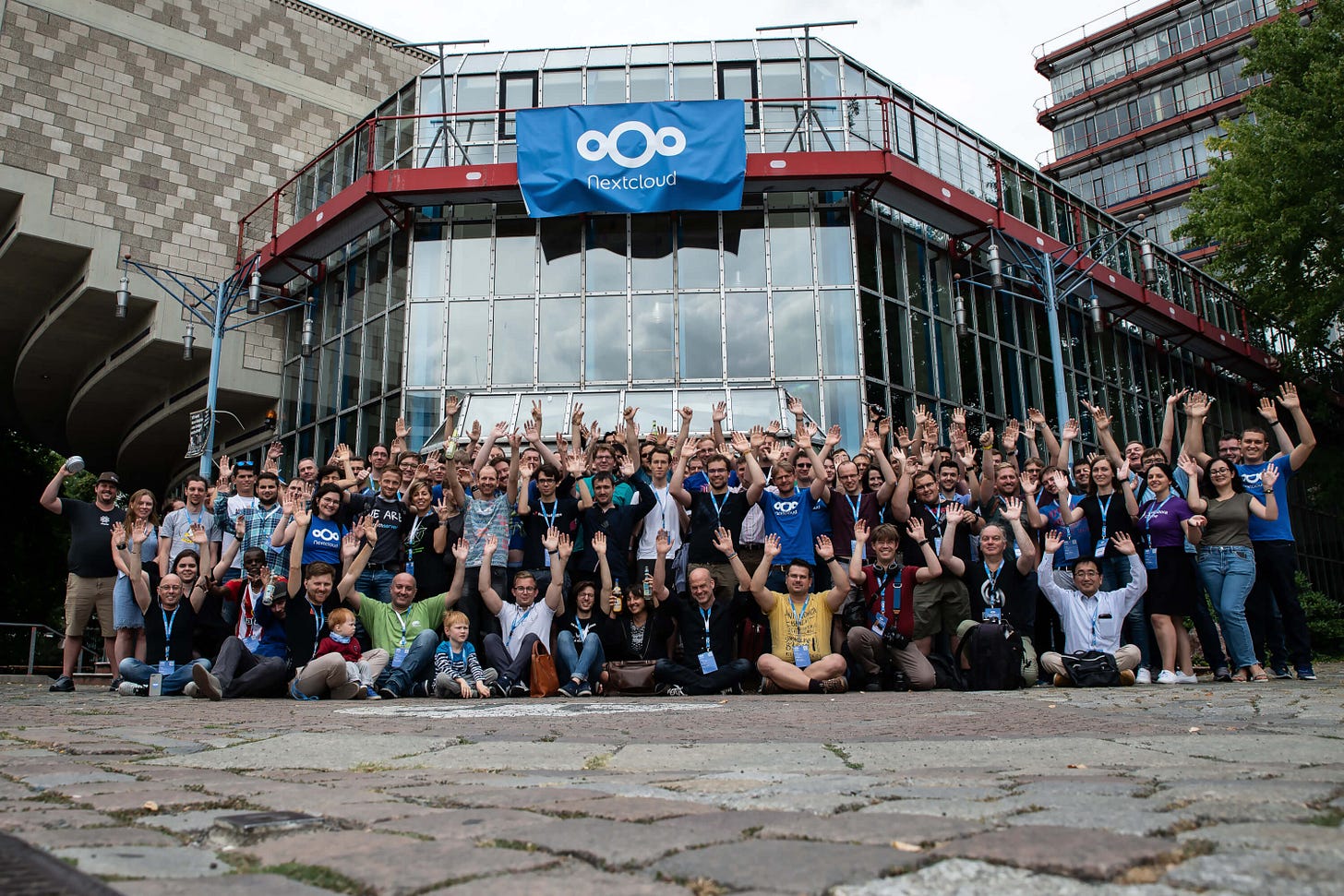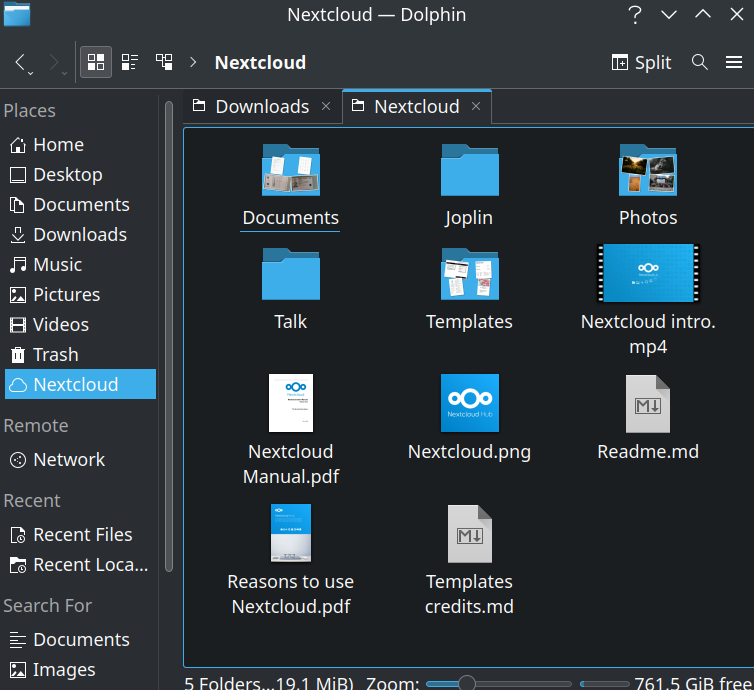Nextcloud - An Open Source alternative for Microsoft Office 365
Open Source Alternatives
Microsoft Office 365 includes many useful tools:
The Microsoft Office Suite. My favorite app is OneNote
Teams for communication
Outlook for mail and calendar
Onedrive for cloud filestorage and sharing.
The problem is that it cost a lot and you have to trust Microsoft to handle your personal data. But did you know that there is a free open-source alternative that includes all those tools and more? And you can host it yourself, on your own hardware!
Nextcloud
Nextcloud is a free open-source, on-premise or cloud solution that accomplish the much of the same tasks of Office 365. The big benefit of having it on-premise is of course that you have full control of your data. Some of the features includes:
Nextcloud can encrypt your data and store it on your local NAS, or at a Nextcloud provider you trust.
Nextcloud Talk provides End-to-End encrypted communication.
Nextcloud Office have all the common office tools like spreadsheet, document writer, presentation etc.
Mail, Contacts and Calendar apps.
Can integrate with other open-source tools*
Downloadable extensions, like a password manager for example.
The Nextcloud client makes it possible to browse your files directly in your desktop/notebook file explorer, like you would with Onedrive. It can also be installed on your phone to automatically upload pictures.
You can customize the Nextcloud UI to suit your organization.
*Nextcloud is a security and privacy focused company that uses open standards as much as possible. That means while they have their own tools, you don’t have to use them. You can integrate with other tools, like OnlyOffice or Joplin for example.
We believe that privacy is a fundamental human right. Everyone has the right of a secure communication. It’s the main motivation behind all our products.
Unlike competitors, we offer hosting strictly through partners and have absolutely no incentive to lock our customers into a SaaS [Software as a Service] solution.
We use and support open standards as much as possible. We don’t lock people in to proprietary formats. You can import and export everything.
For more information about Nextcloud and what they stand for, check their about page: https://nextcloud.com/about/
Nextcloud Origins
Nextcloud forked out of Owncloud in 2016. Owncloud is still available but they focus more on the core functions of file collaboration, while Nextcloud have more features.
Which one does it better? I have only tested Nextcloud so I don’t know for sure; I guess it depends what features you are looking for. However, Nextcloud atleast seems to be more popular when comparing followers on Github.
Nextcloud in Action
Below are some screenshots from my own Nextcloud server.
The Dashboard
The Nextcloud Client on my Linux desktop
Joplin Integration
How can Nextcloud make money when they are giving away the product for free?
The way I see it:
I believe just because you are giving something for free, not everyone is going to put their time and effort into learning it. It seems like they already have thousands of customers, so whatever businesses model they run, it seems to work.
You need support when something goes wrong. You also need dedicated hardware to run it on. Software and hardware support are usually how Open Source businesses get most of their income.
With free open-source software, a strong community grows. People from all around the world have participated to improve the software that makes installation easy, making it cheaper to run, which will attract more customers and new partners.
And maybe… just maybe it might not first and foremost be about the money, but for the benefit of humanity (I’m aware that I sound naïve here but it would be nice if it was true for once).
Install your own Nextcloud Server
When I claim it is easy, I can attest to it. In the next upcoming posts I will demonstrate how to install Nextcloud on the two easiest and most convenient ways:





